Ralph Lauren, along with other innovators including Dow, developed a new way to reduce the amount of water, chemicals, and energy needed to colour cotton without impacting the end result.

The process is being coined the “world’s first scalable zero wastewater” cotton dyeing system.
So what?
Halide Alagöz, Chief Product & Sustainability Officer at Ralph Lauren stated that “we have to create scalable solutions that have never been considered before. This requires deep and sometimes unexpected collaboration” if we want to protect the planet.
This could mean we start seeing a rise in collaborations between organisations, including those who aren’t currently known for their sustainability initiatives. Collaboration and knowledge sharing could lead to quicker and more impactful sustainability efforts from the clothing industry.
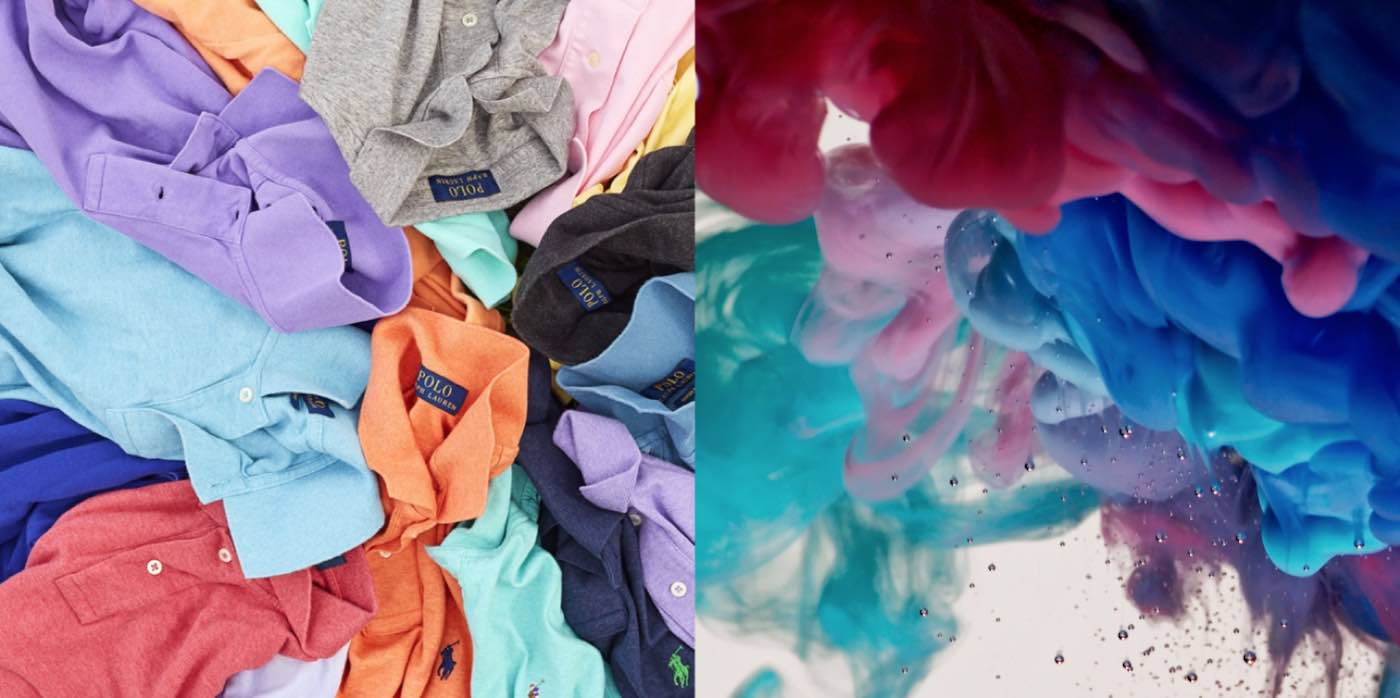
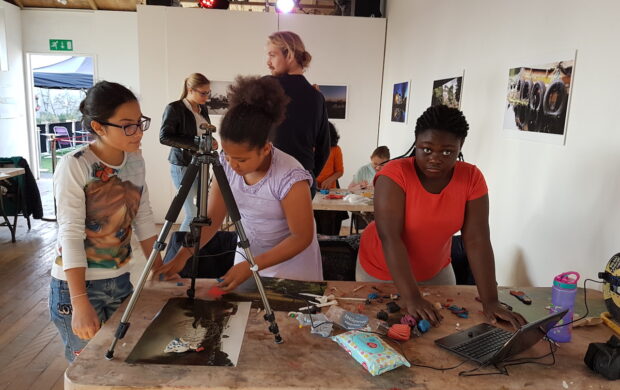





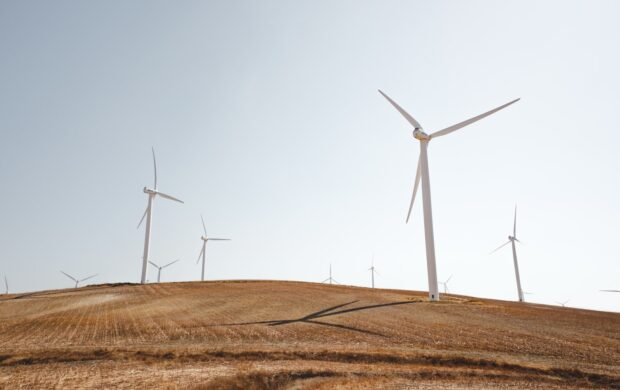
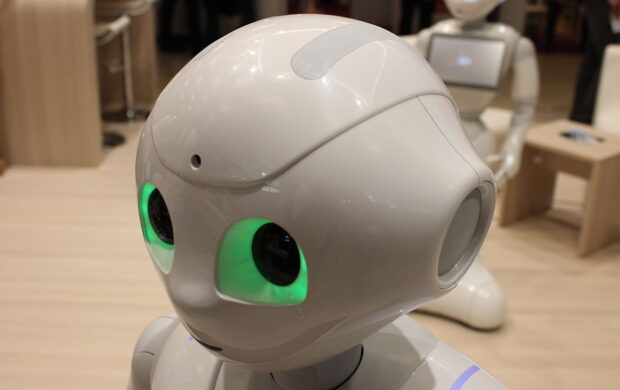

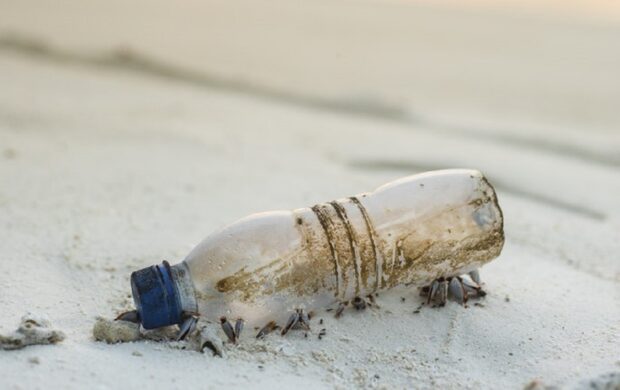
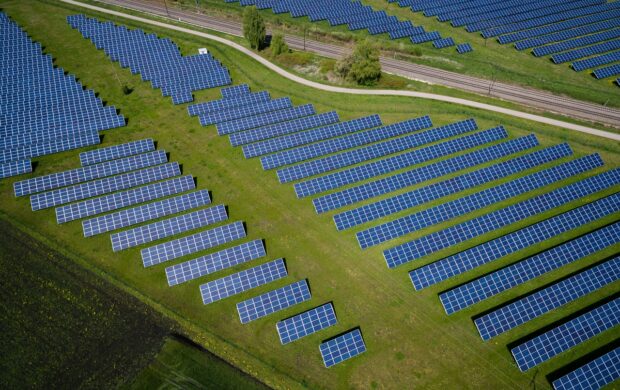
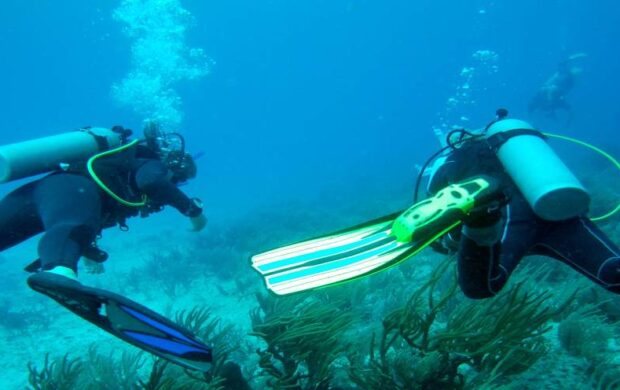
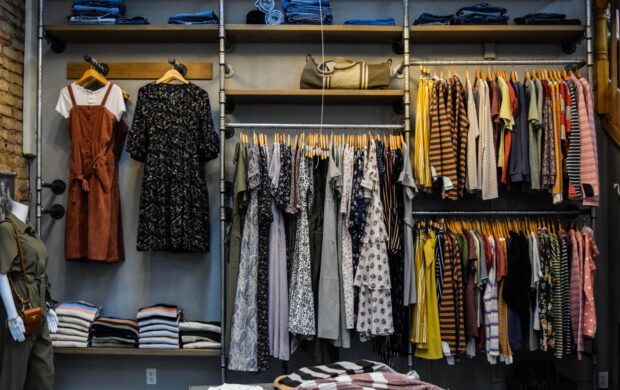





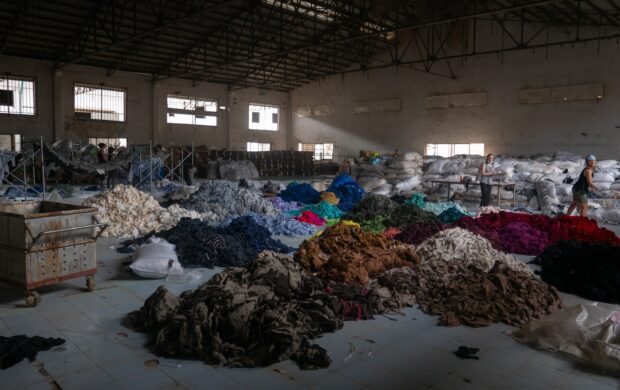

Join discussion